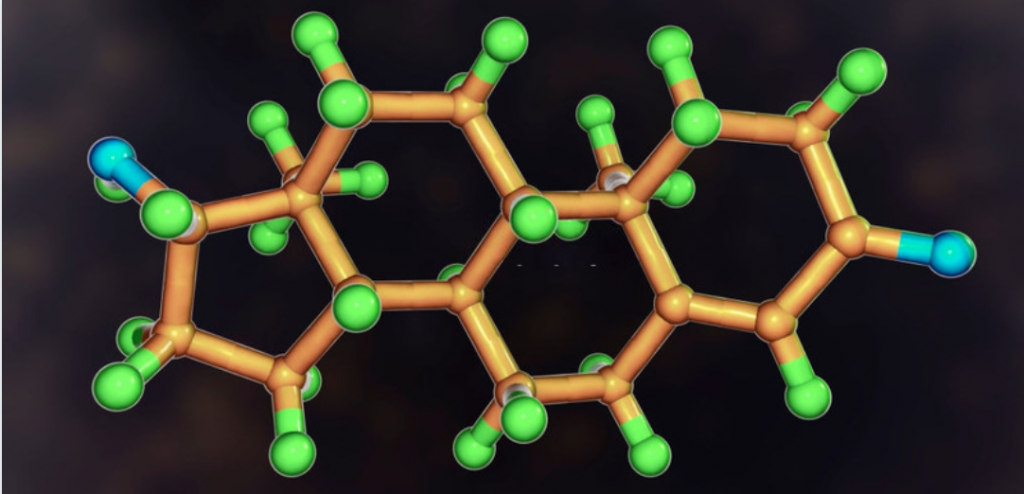
TESTOSTERONA
Testosterone is the main sex steroid hormone. It is produced in the Leydig cells of the testes by stimulation of luteinizing hormone (LH).
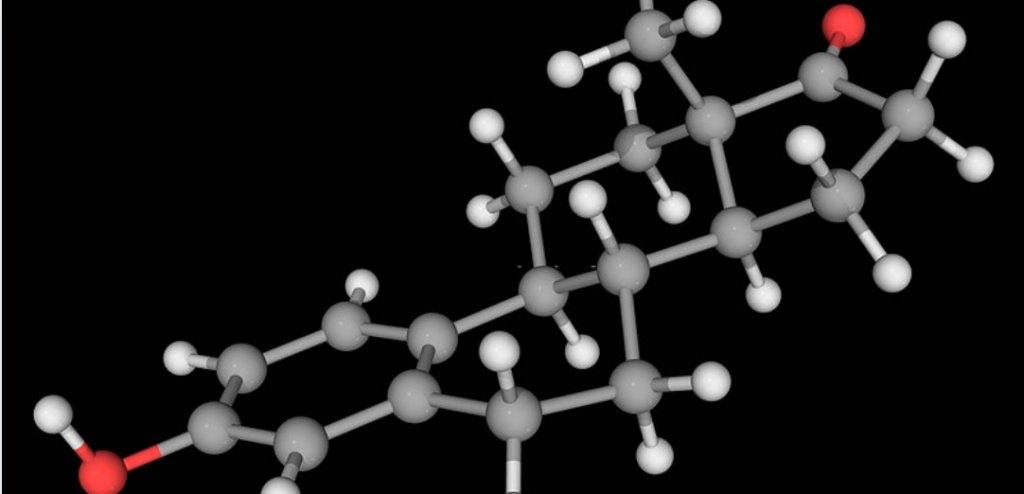
ESTROGEN
Despite being a typically female hormone, it is also fundamental in men’s health. Estrogen in men is produced in the testicles and in small amounts in the cortex of the adrenal glands. The amounts produced in the male body are much smaller than in a woman’s.
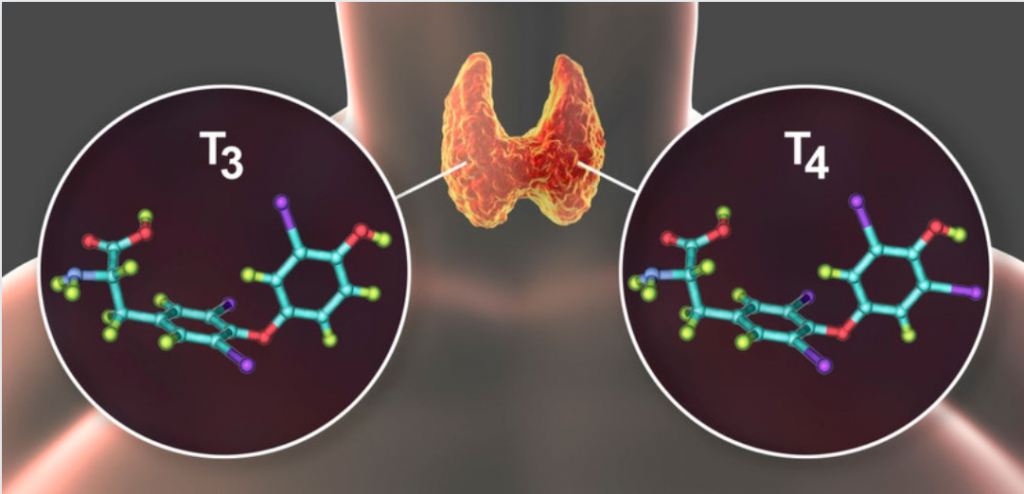
THYROID HORMONES
Thyroid hormones are produced in the thyroid and regulate the metabolic rate of all cells. Receptors for thyroid hormones exist in most tissues and therefore, affect the function of almost every organ and system, especially the heart, bones, and subcutaneous fat.
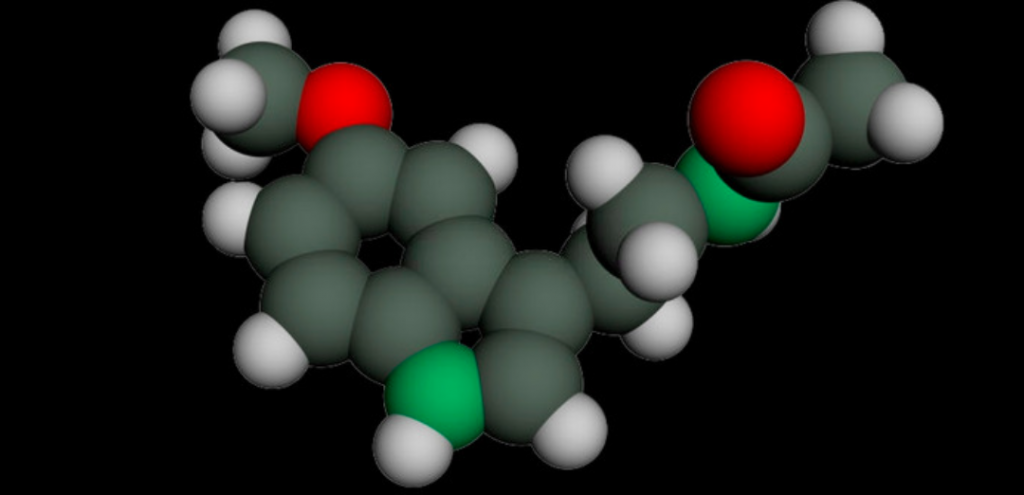
MELATONIN
Melatonin is a molecule related to neuroendocrine physiology. It is involved in the regulation of circadian rhythms and the sleep-wake cycle, and is also a hormone that modulates the activity of the immune system.
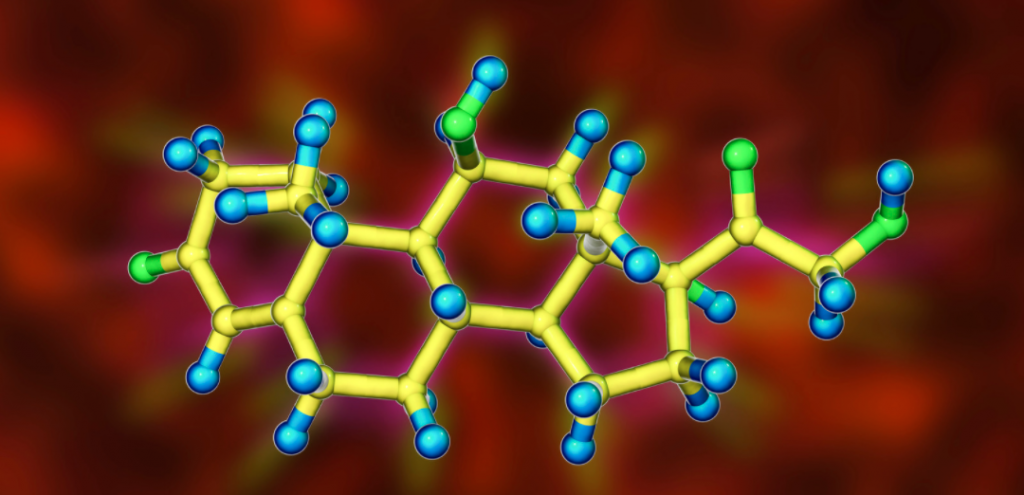
CORTISOL
Cortisol is produced in the cortex of the adrenal glands, as well as aldosterone, DHEA, and other hormones. It is involved in the metabolism of proteins, fats, and glucose, and plays an important role in the immune system.
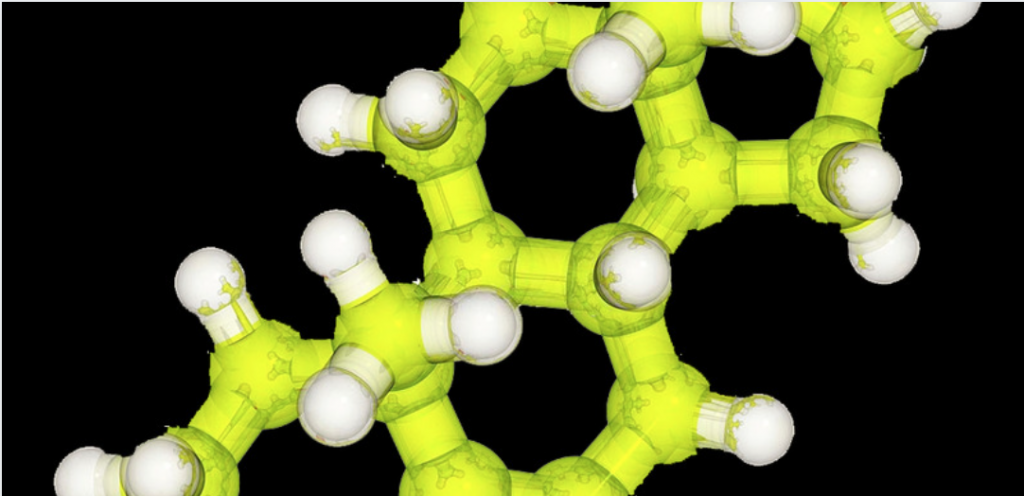
DHEA (DEHYDROEPIANDROSTERONE)
DHEA is a weak androgen produced by the adrenal glands, which is sulfated in the liver and circulates in the blood in its sulfated form (DHEA-S).
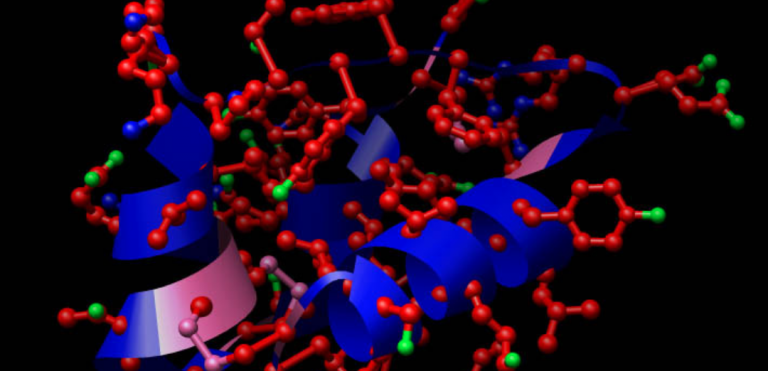
INSULIN
Insulin is the hormone secreted by the pancreas when glucose levels rise after eating and allows glucose to enter the cells (especially in the liver, brain, and muscles) to be used as energy.
En las mujeres se produce por conversión a partir de la DHEA en un 75% y por su producción en los ovarios en un 25%.
La testosterona tiene un potente efecto anabolizante en el tejido muscular y óseo así como en la libido. Además, afecta al estado de ánimo y a la función cognitiva.
Numerosos estudios confirman que, al igual que sucede en los hombres, en las mujeres también se produce una disminución de los niveles de testosterona con la edad, debido a una bajada en la producción de DHEA y al incremento de ciclos anovulatorios a lo largo de la vida.
Los bajos niveles de testosterona se asocian con la disminución de la libido, el bajo estado de ánimo, el aumento de grasa corporal, la disminución de la masa muscular y la fuerza, la disminución de la densidad mineral ósea y el aumento del riesgo cardiovascular, entre otros.
Además, en las mujeres la testosterona contribuye al alivio de los síntomas de la menopausia y a la mejora de la piel, aumentando el colágeno y la elastina.
El estradiol en los hombres es responsable de regular el sistema nervioso, estimular el metabolismo, incrementar el depósito de calcio en los tejidos óseos, participa en los procesos de producción de esperma y regula es sistema cardiovascular reduciendo el colesterol malo.
Los bajos niveles de estradiol se asocian con efectos negativos sobre el sistema cardiovascular, huesos, vida sexual, tersura de la piel, bienestar emocional, sueño, capacidad cognitiva, estado de ánimo y sistema inmunológico.
Sus efectos son controlar la temperatura corporal y favorecer el metabolismo del tejido adiposo, lo que ayuda a la pérdida de peso graso y a la bajada de los niveles de colesterol. Son cardio y neuroprotectoras.
Sus bajos niveles se relacionan con ganancia incontrolada de peso, decaimiento, cansancio crónico, depresión, pelo ralo y débil, piel seca, uñas quebradizas, sensación de frío…
Se trata de una hormona fundamental en la regulación de la función mitocondrial, para la producción de ATP, que es la forma de energía que la célula utiliza para todas sus funciones. Además, la melatonina es un potente antioxidante y antiinflamatorio.
La falta de melatonina produce una pérdida de la capacidad para la regulación de los ritmos circadianos, provocando problemas en la cantidad y calidad del sueño y del descanso.
Su disminución causa estrés oxidativo y nitrosativo, que se agudizarán cuanto mayor sea el déficit de esta hormona. Esto provoca la inflamación de las células, debilitando el sistema inmunuitario, y por ende, causando enfermedad.
Además, como la melatonina sincroniza los ritmos de los neurotransmisores cerebrales, su disminución afecta directamente a las capacidades cognitivas.
Al igual que la insulina, se trata de una hormona que aumenta con la edad y con los malos hábitos de vida, produciendo problemas a medio y largo plazo.
Es conocida como “la hormona del estrés”, ya que se eleva en situaciones de estrés físico y/o psíquico agudo, como respuesta a la hiperestimulación de las glándulas suprarrenales en la fase 1 o de alarma de Hans Seyle, inhibiendo al sistema inmune.
Sin embargo, una situación de estrés crónico produce una caída de esta hormona y puede reflejar un síndrome de fatiga adrenal.
En el caso de las mujeres es el precursor del 75% de la testosterona circulante. Además, tiene efectos por sí misma en arterias, huesos y sistema inmune.
Los niveles plasmáticos de DHEA-S son un buen biomarcador de envejecimiento, ya que bajan entre un 10-20% por década a partir de los veinte años.
Un nivel adecuado de DHEA favorece la reconstrucción de los tejidos (estimulando el metabolismo de las proteínas), ayuda a controlar el estrés (contrarrestando el efecto del cortisol) y tiene efectos positivos a nivel cardiovascular, óseo, inmunológico, sexual, de estado de ánimo…
In women it is produced by conversion from DHEA in 75% and by its production in the ovaries in 25%.
Testosterone has a potent anabolic effect on muscle and bone tissue as well as on libido. It also affects mood and cognitive function.
Numerous studies confirm that, as in men, women also experience a decrease in testosterone levels with age, due to a decrease in DHEA production and an increase in anovulatory cycles throughout life.
Low testosterone levels are associated with decreased libido, low mood, increased body fat, decreased muscle mass and strength, decreased bone mineral density and increased cardiovascular risk, among others.
In addition, in women, testosterone contributes to the relief of menopausal symptoms and to the improvement of the skin, increasing collagen and elastin.
Estradiol in men is responsible for regulating the nervous system, stimulating metabolism, increasing calcium deposition in bone tissues, participating in sperm production processes and regulating the cardiovascular system by reducing bad cholesterol.
Low estradiol levels are associated with negative effects on the cardiovascular system, bones, sex life, skin smoothness, emotional well-being, sleep, cognitive ability, mood and immune system.
Its effects are to control body temperature and promote the metabolism of adipose tissue, which helps to lose fatty weight and lower cholesterol levels. They are cardio and neuroprotective.
Its low levels are related to uncontrolled weight gain, decay, chronic fatigue, depression, thinning and weak hair, dry skin, brittle nails, cold sensation…
It is a key hormone in the regulation of mitochondrial function, for the production of ATP, which is the form of energy that the cell uses for all its functions. In addition, melatonin is a potent antioxidant and anti-inflammatory.
Lack of melatonin leads to a loss of the ability to regulate circadian rhythms, causing problems in the quantity and quality of sleep and rest.
Its decrease causes oxidative and nitrosative stress, which will become more acute the greater the deficit of this hormone. This causes inflammation of the cells, weakening the immune system, thereby causing disease.
Moreover, as melatonin synchronizes the rhythms of brain neurotransmitters, its decrease directly affects cognitive abilities.
Like insulin, it is a hormone that increases with age and bad lifestyle habits, causing problems in the medium and long term.
It is known as “the stress hormone”, since it is elevated in situations of acute physical and/or psychological stress, in response to the hyperstimulation of the adrenal glands in Hans Seyle’s phase 1 or alarm phase, inhibiting the immune system.
However, a situation of chronic stress produces a drop in this hormone and may reflect an adrenal fatigue syndrome.
In women, it is the precursor of 75% of circulating testosterone. In addition, it has its own effects on arteries, bones and the immune system.
Plasma DHEA-S levels are a good biomarker of aging, decreasing by 10-20% per decade after the age of twenty.
An adequate level of DHEA promotes tissue reconstruction (by stimulating protein metabolism), helps to control stress (by counteracting the effect of cortisol) and has positive effects on cardiovascular, bone, immune, sexual, mood…
|
|